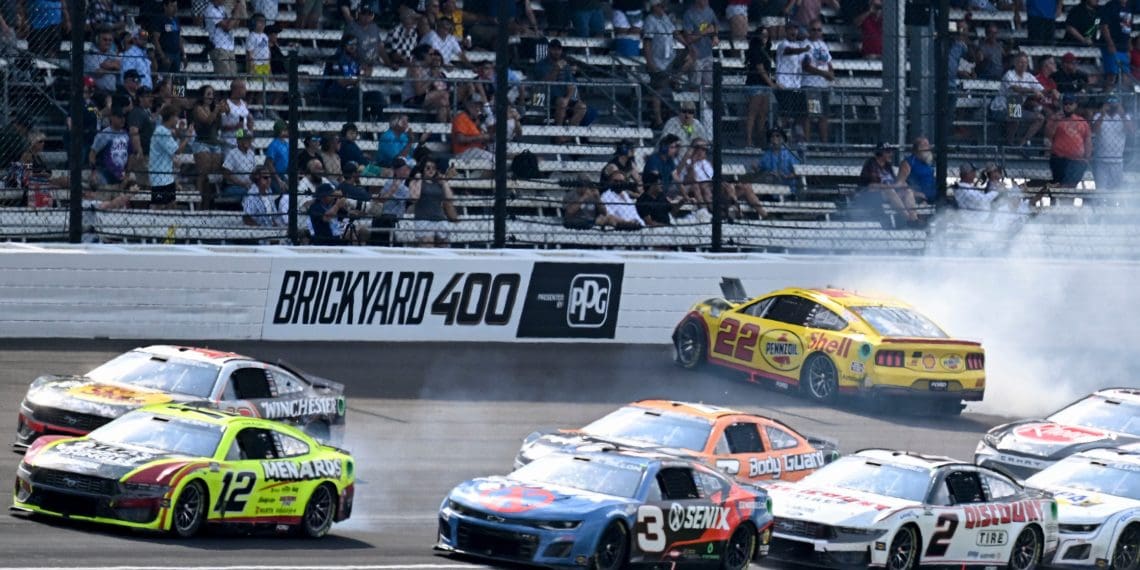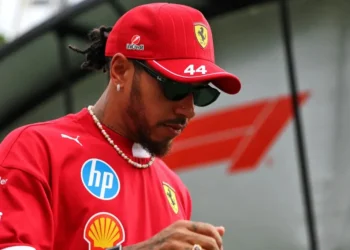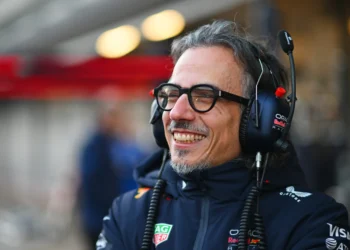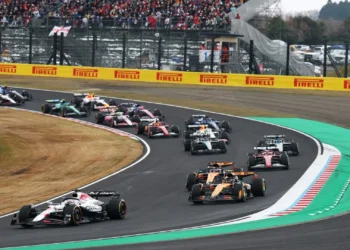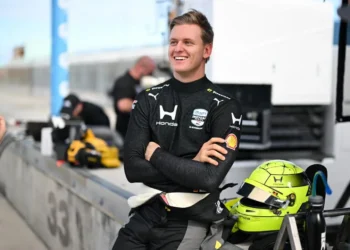As NASCAR races toward 2025 with fresh media rights agreements and charter deals in tow, its newly unveiled driver-focused marketing overhaul has left fans revving with outrage. Designed to spotlight drivers as the centerpiece of promotional efforts, the initiative promises glitzy payouts and a deeper connection with audiences. Yet, critics argue it risks steering NASCAR further from its gritty, authentic roots, and many fans aren’t shy about airing their frustrations.
The Plan: Big Money, Bigger Expectations
Under the leadership of COO Steve O’Donnell, NASCAR aims to modernize its marketing approach with a cutting-edge app developed in collaboration with INFLCR, a brand-building software company. The app will serve as a hub where drivers can sign up for promotional opportunities ranging from podcast appearances to unconventional media events, earning points that translate into financial rewards from a $10–20 million annual pool.
Payouts could range from tens of thousands to $1 million, with a season-long championship determining who cashes in the most. The goal? To build driver brands, draw in new sponsors, and grow NASCAR’s appeal in a competitive sports landscape.
“This is a sponsor-driven business,” O’Donnell emphasized. “The more sponsors we can bring in, and the more eyeballs, it’s great for the sport and ultimately great for [the drivers] as well.”
Fan Fury: “Scripted Robots in Race Suits”
While NASCAR paints this initiative as a driver-empowering move, fans are seeing red. The plan has been blasted as an attempt to micromanage drivers and sanitize the sport’s narrative, eroding the raw authenticity that drew fans to NASCAR in the first place.
“So they’re going to have drivers reading from a script and being robots…how authentic,” one fan scoffed on social media, echoing fears that NASCAR is turning its stars into corporate puppets.
Critics also pointed to language around “different marketing messages,” interpreting it as NASCAR admitting it wants tighter control over how its image is presented. “Different marketing messages means #NASCAR doesn’t like the narrative and wants to control it. How will we know what to believe then?”
The Shadow of Controversy: A Troubling Track Record
The backlash also highlights fans’ broader concerns with NASCAR’s recent direction. From the perception of favoritism in team treatment to controversies like the ongoing antitrust lawsuit involving Michael Jordan’s 23XI Racing, many fans feel the organization is prioritizing superficial fixes over addressing deeper issues.
“How about starting with not running off your most marketable team and biggest star in the sport?” one fan fumed, referencing Denny Hamlin’s vocal criticisms of NASCAR’s leadership.
A Risky Road Ahead
While O’Donnell insists the initiative will benefit drivers and fans alike, the program’s success hinges on its execution. If NASCAR can genuinely amplify the personalities of its drivers without compromising their individuality, it might strengthen the connection between fans and the sport. But if it devolves into overly managed messaging, it risks alienating the loyal fanbase NASCAR depends on.
The stakes are high. NASCAR is betting big on its drivers to deliver not just on the track but in shaping the sport’s future. Whether this move redefines the sport for a new generation or further divides its fanbase remains to be seen.
For now, one thing is clear: the 2025 season will be about more than just racing—it will be a defining moment for NASCAR’s identity in the modern sports era. Buckle up, because this controversy is just hitting full throttle.

